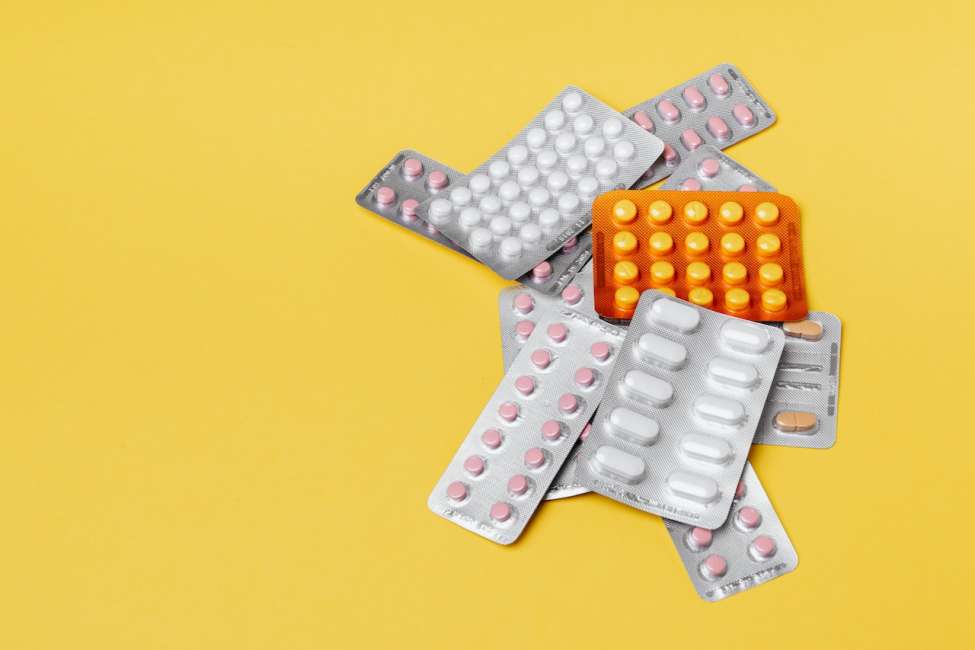The journey to recovery can be difficult for those struggling with drug addiction. Thankfully, many treatment programs are available to help people battle their drug addictions and get back on the road to health and wellness. Some practical drug addiction treatment principles should be followed to ensure that these treatments are as effective as possible. Let’s look at what they are.
Tailored Treatment Plans
Everyone is unique, so it makes sense that their treatment plans should also be tailored to their specific needs and circumstances. Effective treatment programs will assess each person’s overall physical, psychological, social, and spiritual condition and develop a tailored plan. This is important because everyone has different triggers for their addiction, so that the same standard treatment plan won’t work for everyone.
Evidence-Based Interventions
The most successful drug addiction treatment plans use evidence-based interventions such as cognitive behavioral therapy. CBT helps individuals identify unhealthy behavior patterns that may have triggered or contributed to their substance abuse issue in the first place so they can learn how to change those behaviors or cope with them in healthier ways. Other evidence-based interventions include motivational interviewing and contingency management approaches.
Holistic Approach
A holistic approach recognizes that drug addiction isn’t just a physical problem; it’s also a mental health issue that requires emotional support and medical attention. An effective program will address all aspects of the individual’s life, including physical health, mental health, family relationships, social relationships, and lifestyle habits. This approach is essential because it helps individuals build lasting skills that can help them stay sober long after they complete the program.
Long-Term Care
Drug addiction isn’t something that can be cured overnight; it takes time for individuals to learn new coping strategies and establish healthy habits, which is why long-term care is essential for successful outcomes in recovery programs. Programs should offer ongoing support throughout the entire process, including follow-up visits after individuals complete their initial treatment so they can stay on track with their recovery goals over time.
Comprehensive Education
Education plays a vital role in helping individuals understand why they developed an addiction in the first place and how to prevent further substance abuse issues in the future. Effective programs should provide comprehensive educational components such as classes on topics like stress management, relapse prevention, nutrition, healthy lifestyle habits, communication skills, etc.
Peer Support
Peer Support is another critical component of any successful drug addiction treatment program. Surrounding oneself with others who have been through similar experiences can provide motivation and encouragement during this challenging time. Recovery groups can also provide invaluable advice from others who have been through similar situations, which may help when making decisions about one’s path forward.
A Drug Addiction Treatment Approach Effective – In Conclusion
Drug addiction affects millions of people worldwide every year. While this issue presents unique challenges for everyone involved, there are universal principles of effective drug addiction treatment across all cases. Following these programs can ensure that every patient gets access to high-quality care explicitly designed for them based on best practices and repeatedly proven by experts worldwide. If you or someone you know is suffering from drug addiction, consider these seven principles when selecting a program, and prepare for your journey toward lasting sobriety.

